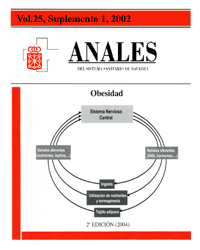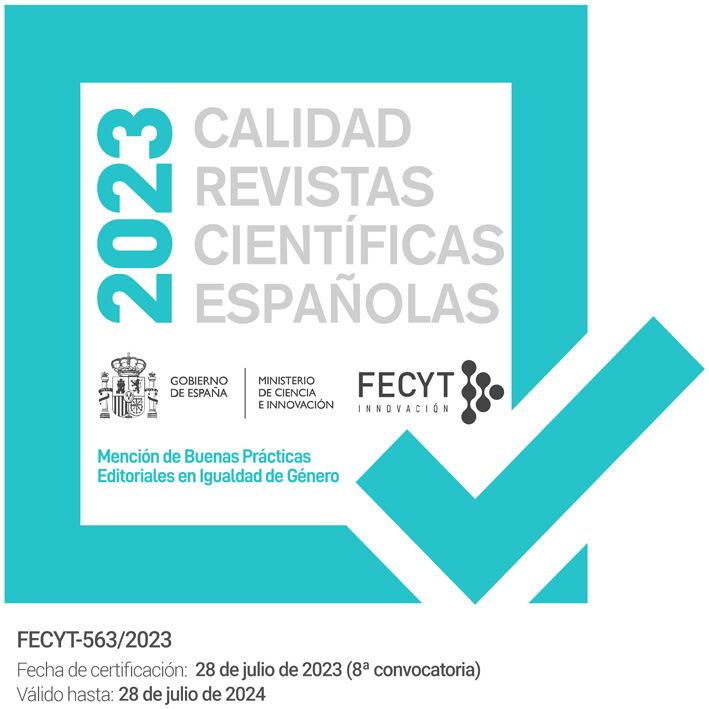Distribution of macronutrients from the diet and regulation of weight and body composition: role of lipids intake in obesity
DOI:
https://doi.org/10.23938/ASSN.0816Keywords:
Composición de la dieta. Obesidad. Oxidación lipídica. Sustratos metabólicosAbstract
The maintenance of a stable body weight and composition over time depends, amongst other factors, on the equilibrium in the balance between the intake and metabolic utilisation of the macronutrients in the diet. The organism appears to give greater priority to the adjustment of the oxidation of glucose and amino acids in relation to their ingestion than to the maintenance of the balance of fats. The system of homeostatic self-regulation of the lipid balance is not very efficient, besides which the capacity of storing of energy reserves in the adipose tissue is almost unlimited. Besides, fat appears to confer palatability and flavour on foodstuffs, which could lead to greater consumption. Excessive ingestion of fat is one of the factors that is most frequently associated with a high prevalence of obesity. Some studies indicate that some obese subjects show a reduced capacity for oxidising fatty acids. In this context, the reduction of lipid ingestion is one of the strategies most frequently recommended in the prevention of the epidemic of obesity. However, the role of the lipid intake of the diet in the prevalence and subsequent treatment of obesity is nowadays the subject of scientific controversy.Downloads
Downloads
Published
How to Cite
Issue
Section
License
La revista Anales del Sistema Sanitario de Navarra es publicada por el Departamento de Salud del Gobierno de Navarra (España), quien conserva los derechos patrimoniales (copyright ) sobre el artículo publicado y favorece y permite la difusión del mismo bajo licencia Creative Commons Reconocimiento-CompartirIgual 4.0 Internacional (CC BY-SA 4.0). Esta licencia permite copiar, usar, difundir, transmitir y exponer públicamente el artículo, siempre que siempre que se cite la autoría y la publicación inicial en Anales del Sistema Sanitario de Navarra, y se distinga la existencia de esta licencia de uso.








